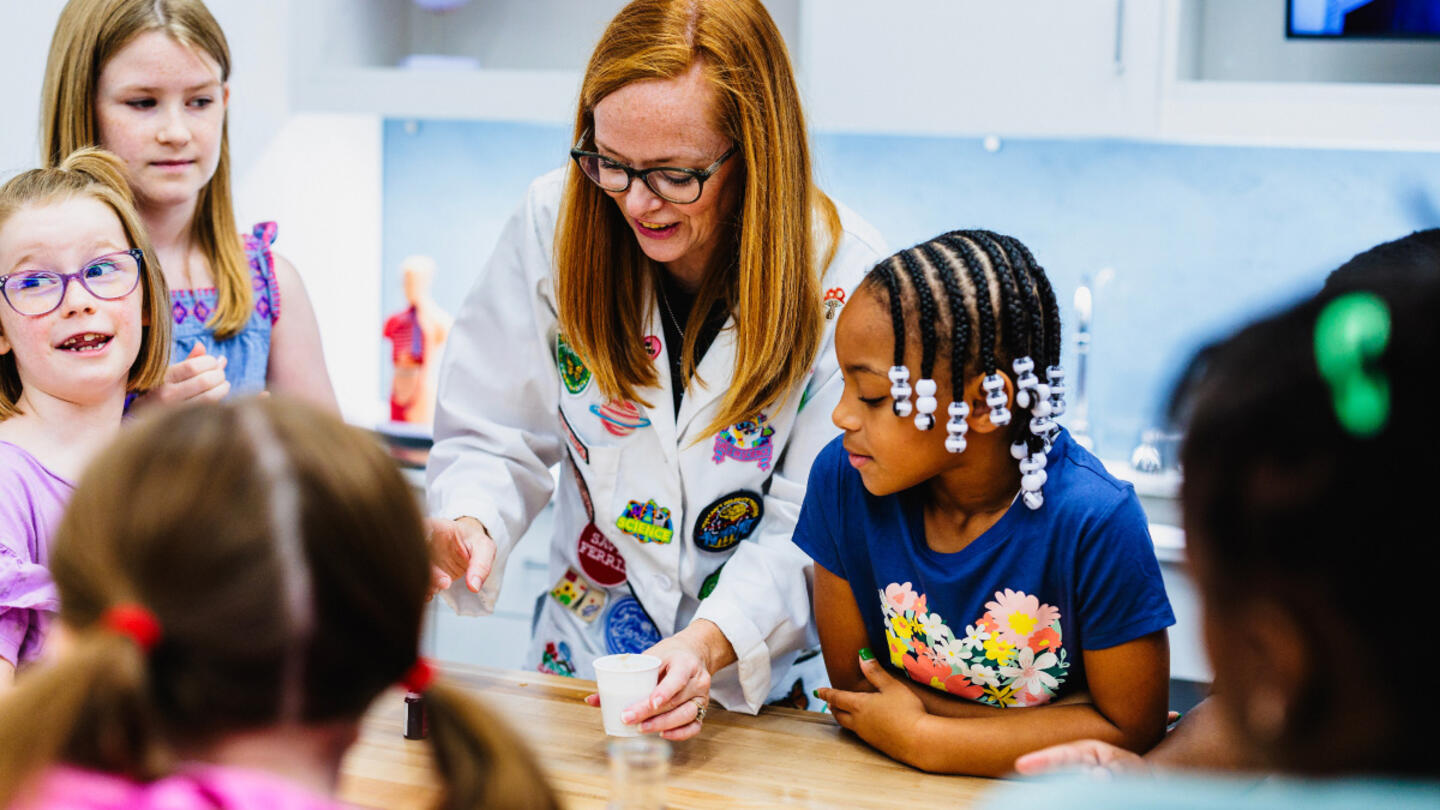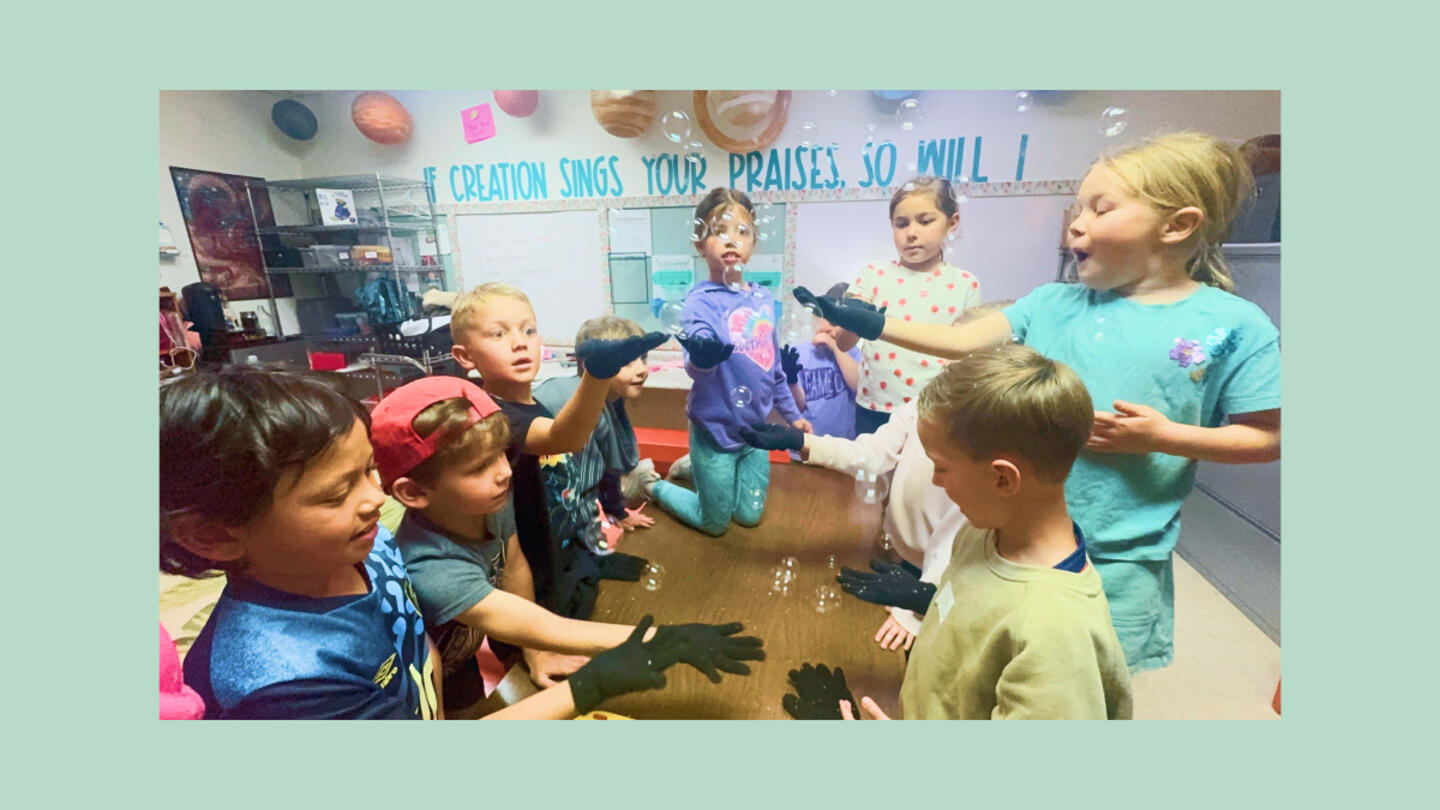In today's rapidly evolving educational landscape, technology is playing an increasingly transformative role in how we learn and teach. Among the most innovative advancements are AI personal tutors, which offer tailored learning experiences that respect each student’s dignity and unique potential. These systems provide personalized learning paths, real-time feedback, and improved academic performance, creating mutual benefit for both students and educators.
But what exactly are AI personal tutors, and how are they being integrated into traditional education systems?
What are AI personal tutors?
AI personal tutors are intelligent software systems designed to support students in their learning journeys. By leveraging artificial intelligence, these tutors adapt to each student's needs, learning styles, and preferences. They provide instant feedback, suggest personalized study plans, and make learning more engaging and efficient. This individualized approach fosters dignity by honoring each student's unique way of learning.
3 Benefits of AI personal tutors
AI personal tutors are changing the way students learn by offering tailored support and immediate feedback. Here are three key benefits that show how these systems can enhance and innovate the education experience for both students and teachers.
1. Personalized learning paths
One of the key benefits of AI personal tutors is their ability to create individualized learning paths. Unlike traditional teaching methods that follow a standardized approach, AI tutors assess each student’s strengths and areas for improvement.
This personalized learning experience not only enhances understanding but also respects the dignity of each learner by addressing their specific needs.
2. Immediate feedback
With AI personal tutors, students no longer have to wait for feedback on their work. These systems offer real-time corrections and guidance, allowing students to learn from their mistakes immediately.
This instant feedback enables students to progress more rapidly, providing them with the tools to take ownership of their education—a concept aligned with the principle of self-actualization.
3. Embracing the benefits of self-learning
AI-powered tutors enhance self-directed learning by offering personalized support and adapting lessons to each student’s interests and pace. This allows students to take control of their education while AI handles complex tasks like tracking work progress.
As a result, AI transforms learning environments into more dynamic, engaging spaces that foster deeper exploration and understanding.
Integration in traditional education systems
AI-driven platforms assist teachers by grading assignments, tracking student progress, and identifying areas where additional support is needed. These tools not only enhance learning outcomes but also allow teachers to focus on providing mentorship and emotional support — preserving the dignity of the human element in education.
Sign up for Stand Together's K-12 newsletter and get stories, ideas, and advice from changemakers who are transforming education across the country.
Concerns and limitations of AI personal tutors
AI personal tutors offer exciting possibilities for education, but it's important to be mindful of a few key considerations. By addressing concerns like privacy and access, these tools can enhance learning for everyone.
Privacy issues
While AI personal tutors offer numerous benefits, there are legitimate concerns about data privacy. The collection and analysis of student data is crucial for AI systems to function effectively, but it also raises questions about potential misuse. It’s vital for educational institutions to implement robust data protection measures to ensure that students' dignity and privacy are respected.
Access and opportunity
Access to AI personal tutors is another challenge. Not all students have the same level of access to technology, which could create disparities in learning opportunities. Ensuring that every student has the resources to benefit from AI-driven education is essential for promoting mutual benefit in the learning environment. Efforts must be made to bridge the digital divide so that all students can participate in and benefit from technological advancements.
The human element
Despite the impressive capabilities of AI technology, the human element remains irreplaceable in education. Teachers provide mentorship, emotional support, and real-world insights that AI cannot replicate. Combining the strengths of AI with the guidance of human educators ensures that students receive a well-rounded education that respects both their intellectual and emotional needs, reflecting the principles of dignity and mutual benefit.
Schoolhouse.world is a free, peer-to-peer tutoring platform that connects learners from over 100 countries. By integrating AI into the mix, Schoolhouse.world aims to enhance scalability, offering personalized diagnostics and tutor feedback while amplifying the human connection. Looking ahead, it plans to expand its reach to millions of learners, continuing to build a supportive, global community.
The future of AI tutors in education
The future of AI tutors in education is looking bright and full of promise. With ongoing advancements in technology, AI systems are set to become even more intuitive and supportive, potentially transforming how students learn, and teachers educate.
Potential developments
As machine learning and natural language processing continue to evolve, these systems will become even more sophisticated. Future AI tutors may be able to respond to complex emotional cues, further enhancing their ability to support students' learning experiences.
These advancements can make education more personalized by catering to individual needs.
Impact on the learning environment
As AI personal tutors continue to evolve, their impact on the learning environment will likely expand. These systems have the potential to revolutionize education by making it more personalized, efficient, and accessible. When integrated thoughtfully, AI tutors can complement traditional education systems, creating a learning environment that respects the dignity of each student and provides mutual benefit for both learners and educators.
As technology revolutionizes education, Khan Academy is leading the charge with personalized learning and AI-powered tutoring. The platform reaches over 150 million students worldwide, offering free, individualized education. With 50+ efficacy studies showing students progressing 30-50% faster, Khan Academy is now leveraging generative AI to make this growth accessible to all learners.
Practical advice for educators and parents
For those interested in incorporating AI personal tutors into their educational settings, here are some practical tips:
- Research available platforms: Explore various AI tutoring platforms to find one that aligns with your educational goals and needs.
- Start small: Begin by using AI tutors for specific tasks or subjects to gauge their effectiveness.
- Monitor progress: Regularly assess the impact of AI tutors on student performance and make adjustments as necessary to optimize learning outcomes.
- Maintain human interaction: Combine AI tutoring with human interactions to provide emotional support, mentorship, and real-world insights that only educators can offer.
What’s next for digital AI tutors?
AI personal tutors are reshaping education by offering personalized learning experiences, real-time feedback, and improved academic performance. However, it is crucial to balance the benefits of AI with the irreplaceable value of human educators. By taking a thoughtful, inclusive approach, we can harness the power of AI to create a more empowering and effective learning environment for all, rooted in the principles of dignity and mutual benefit.
***
Learn more about Stand Together’s education efforts, and explore ways you can partner with us.

‘We want these boys to know that regardless of where they come from, they still can be excellent.’

This colearning space has the potential to bridge the divide between public and private education.

New Johns Hopkins data shows homeschooling’s recent surge has transformed the education landscape.
Step 1: Find the best learning environment for your child. Step 2? Figure out how to pay for it.
